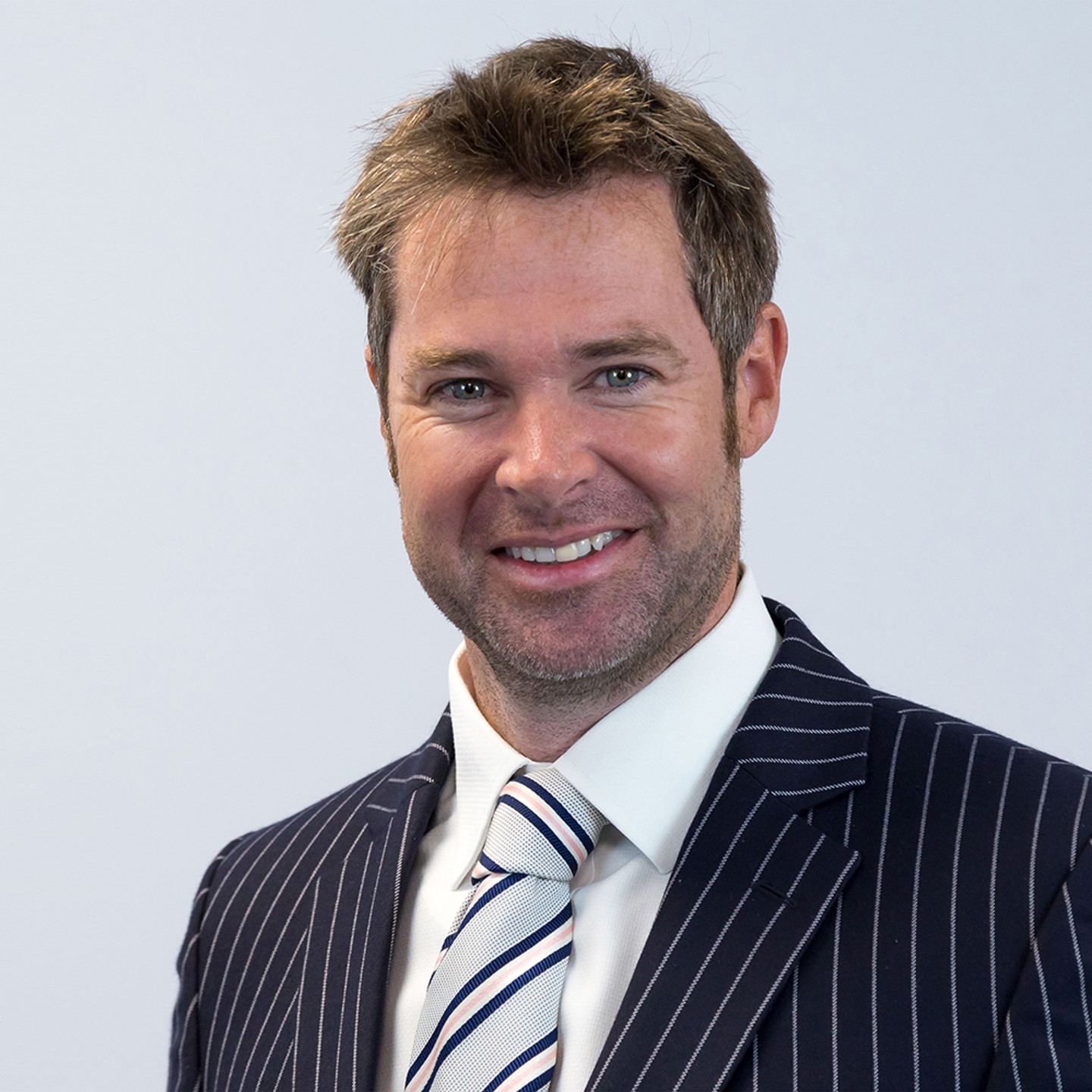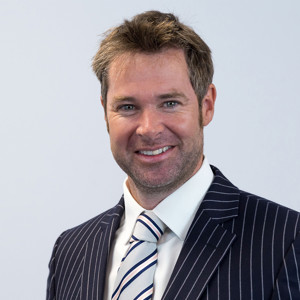
Gavin Ferguson
Partner | Legal
Guernsey

Gavin Ferguson
Partner
Guernsey
No Content Set
Exception:
Website.Models.ViewModels.Components.General.Banners.BannerComponentVm
In this Q&A Advocate Gavin Ferguson and senior associate Alice Bricogne explain how changes in the industry since the trusts boom in the 1980s and early 1990s have led to the blurring of the lines between contentious and non-contentious practitioners.
How has trusts work changed over the last 30 years?
If you wind the clock back to the 1980s, 1990s and early 2000s, Channel Islands trusts were being established thick and fast. The emergence of the specialist trusts lawyer on the non-contentious side was a trend that started in the early 2000s as a reaction to that – before, it had been a more generalised approach, in which lawyers would have a broader, mixed practice. Because of the big boom in trusts, people started to specialise. Now the tables have turned – there have been fewer structures established, but the structures that are being set up are far more bespoke and of far higher value. When you are setting up trusts now you are setting up more complex, bespoke trusts – and more importantly you are learning lessons from the way that the courts have interpreted the law over the years, and from mistakes that your predecessors have made.
What is happening to those trusts from 30 years ago?
A trust is like anything that lives – as it gets older, the chances of it becoming "ill" or having a problem are greater. Given that trusts were booming in the 1980s to the early 2000s, there is a bulk of trusts that are getting older, and we are getting on to the next generation which is a reason why we are seeing so many problems. Today, trusts work tends to be more long-term and more about long-term relationships, working for a more international client bases, and more and more for succession planning and asset protection, rather than for tax reasons.
What does that mean for Guernsey and Jersey as trusts jurisdictions?
Although it is true to say that new trusts jurisdictions have emerged relatively recently in the Middle East for example, they do not offer the same assurance of having been tried and tested through the courts. So while a client may be based in the Middle East, they will often want trusts established in Guernsey or Jersey, because the new jurisdictions do not have decades worth of court judgments that have applied and interpreted the law for the benefit of future practitioners. One of the key motivating factors in favour of Guernsey or Jersey structuring is that we know how the rules work, we know how scenarios will play out, and fundamentally we know how courts will interpret the law.
How has the role of the semi-contentious practitioner emerged and evolved over that time?
If it's full-blown litigation then I work side-by-side with the litigation team, and that has been a key part of Ogier's strategy in developing the Trusts Advisory Group combining non-contentious advisers, dispute resolution specialists and corporate lawyers to collaborate across our jurisdictions. If you go to court regarding trusts, it's not necessarily over litigation. Everyone might be happy and working from the same page but you need the court to do something: for example to correct a mistake, to bless a trustee's decision, or to confer on a trustee a power which it may not otherwise have, in order to benefit the beneficiaries. Then you have the semi contentious matters where the beneficiaries and trustees may not agree, for example, in respect of an application that you make where you don’t have the power to do something that you want to do, or when you have the power that you want the court to bless it because it's a momentous decision, such as asking the court to amend the terms of the trust.
How do you see the trend progressing?
There are two key factors in all of this – the first is that as the bulk of trusts created from the mid-1980s to the early 2000s grows older, more of them are likely to have problems, and some of those problems will be dealt with by semi-contentious practitioners because they do not develop into full-blown litigation. At the same time, the trend towards increasingly bespoke and high value structures will mean that where future issues emerge, they will need specialist litigators. The answer, for me, is that there is a place for both semi-contentious and full contentious trusts lawyers in the future.
Advocate Gavin Ferguson is one of Guernsey's leading private client and trusts lawyers and leads Ogier's Guernsey Private Client and Trusts team. He has a semi-contentious practice and is personally licensed by the Guernsey Financial Services Commission.
Senior associate Alice Bricogne advises both corporates and individuals on all matters relating to trusts and foundations in both contentious and non-contentious contexts. She also has expertise in financial regulatory law.
This article first appeared in Connect Guernsey.

Gavin Ferguson
Partner | Legal
Guernsey

Gavin Ferguson
Partner
Guernsey
Ogier is a professional services firm with the knowledge and expertise to handle the most demanding and complex transactions and provide expert, efficient and cost-effective services to all our clients. We regularly win awards for the quality of our client service, our work and our people.
This client briefing has been prepared for clients and professional associates of Ogier. The information and expressions of opinion which it contains are not intended to be a comprehensive study or to provide legal advice and should not be treated as a substitute for specific advice concerning individual situations.
Regulatory information can be found under Legal Notice
Sign up to receive updates and newsletters from us.
Sign up
No Content Set
Exception:
Website.Models.ViewModels.Blocks.SiteBlocks.CookiePolicySiteBlockVm